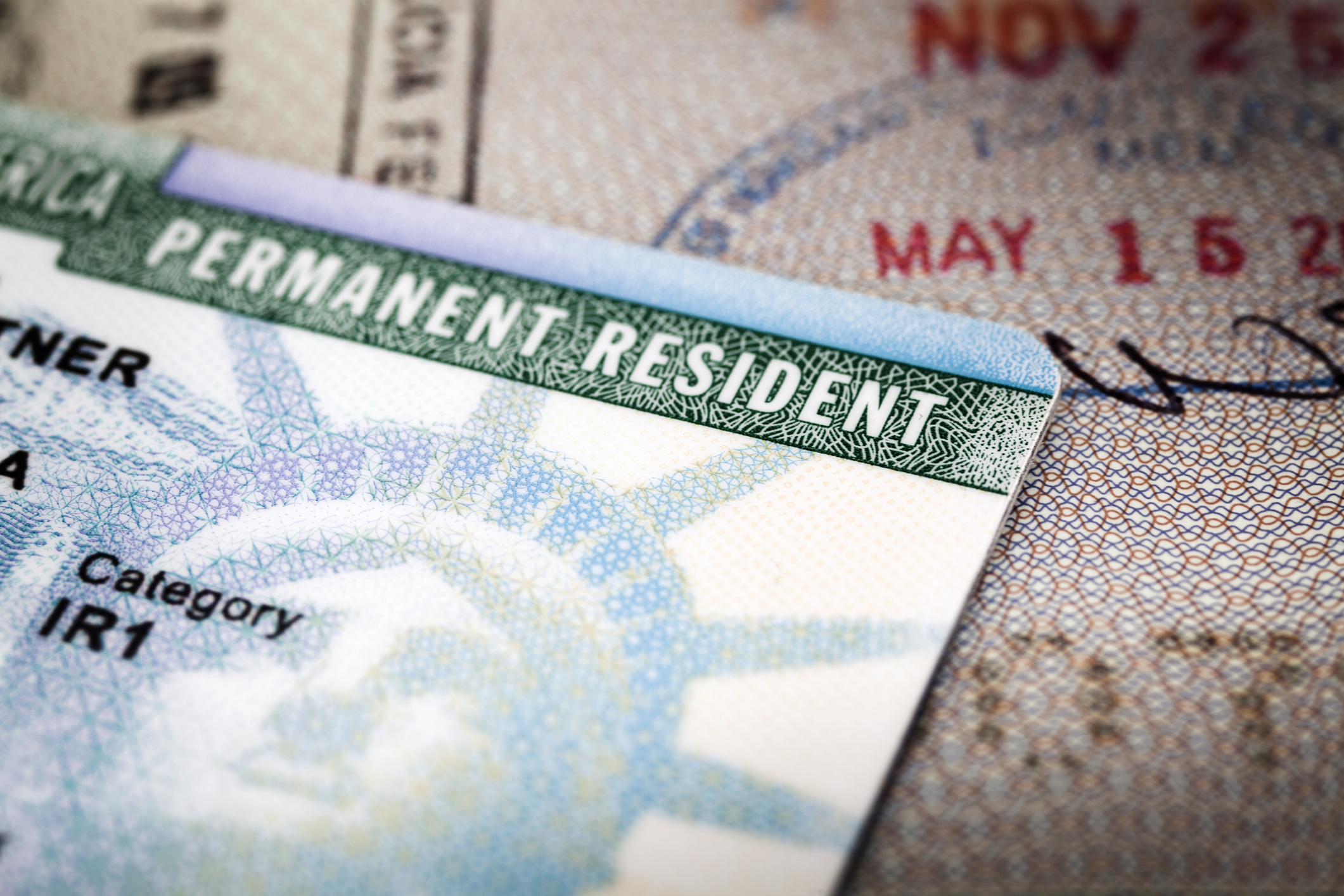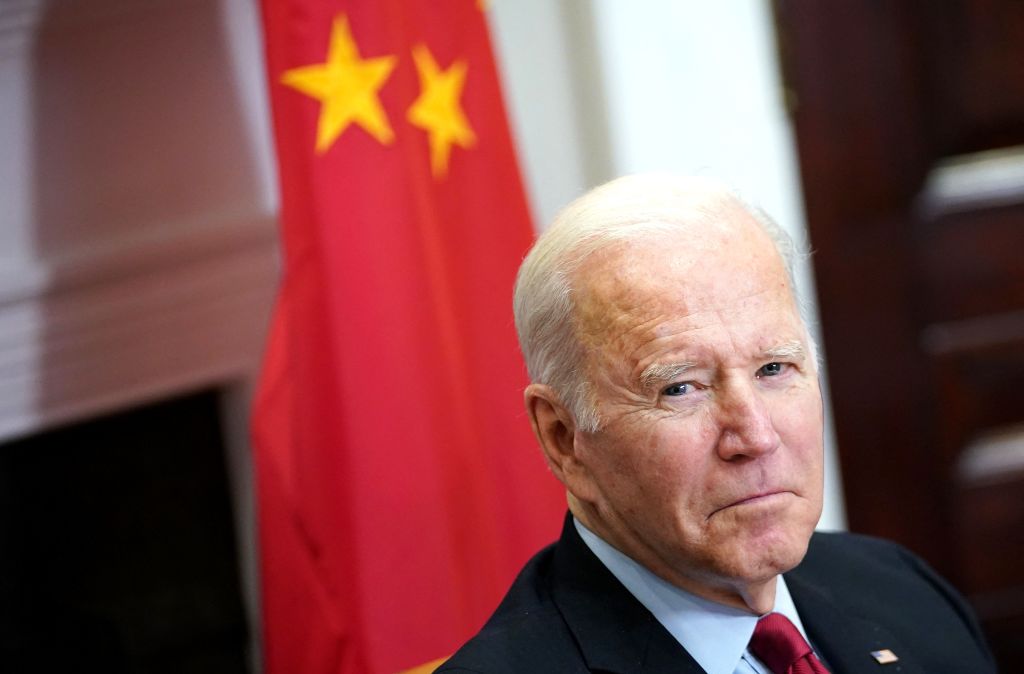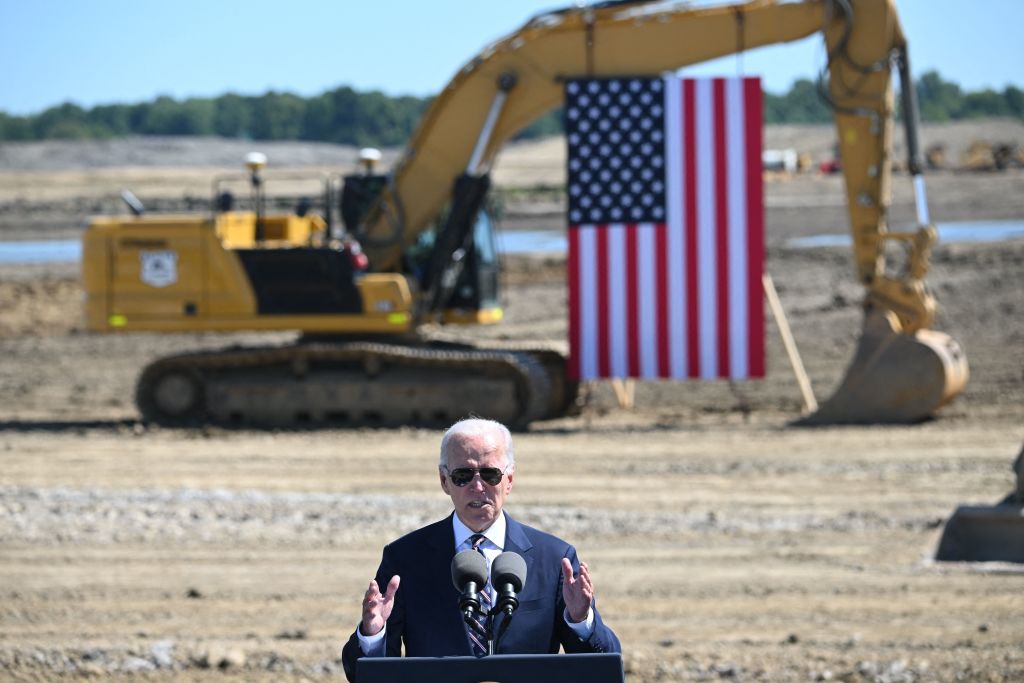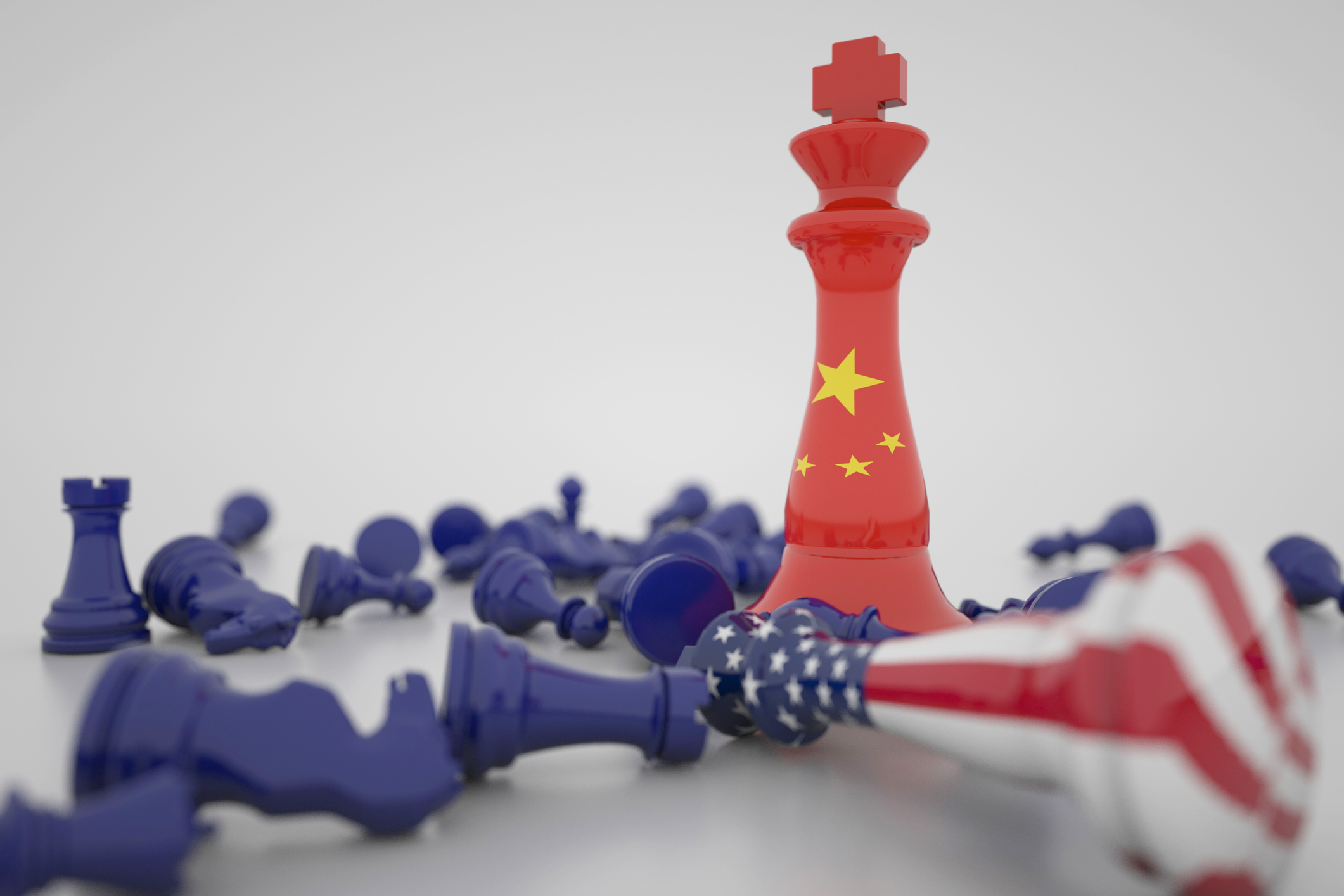A skills-based immigration system is a possible answer to American demographic decline.
Peace, Peace When There Is No Peace

When civility goes wrong.
A century ago, Teddy Roosevelt published a collection of articles titled Fear God and Take Your Own Part in which he outlined his views on war and peace. Responding to “professional pacificists”—those who refused to respond to Germany despite its sinking of cruise liners with Americans on them and its advances in Europe—he observed: “Righteousness is the end, and peace a means to the end, and sometimes it is not peace but war which is the proper means to achieve the end…peace does not necessarily bring righteousness.”
Teddy’s views on the dangers of peace while German U-boats killed American women and children have lessons for us today, with a rising interest in the related subject of civility. A recent piece in Politico Magazine ran through nearly a dozen new efforts—from congressional caucuses to campus institutes—focused on civility.
There is no doubt we can use more civility in our politics and culture. The political climate, social media, and pandemic-era self-isolation have produced an environment in which we rush to shame those who disagree with us rather than come together to discuss our differences.
But context matters. When Americans fight with one another on issues such as the economy and access to healthcare, no matter how passionately, there is an understanding they are fighting over a common goal of improving American society, even if that looks different depending on political party affiliation.
How we extend civility beyond America’s borders, however, is an entirely different question. To quote former Senator Daniel Patrick Moynihan, the world is “a dangerous place,” a phrase that is the title of his memoir that recounts his tenure as U.S. Ambassador to the United Nations (an institution to which he also applied that phrase). Dealing with other nations, in other words, requires a different vocabulary and standards from those that guide how we deal amongst ourselves as Americans.
In the context of the Israeli-Palestinian conflict, for example, initiatives with the word “peace” have served as platforms to rationalize terrorist violence against Jews and Israelis. Institutions such as the Quincy Institute and Defense Priorities frequently use the terms peace, civility, and restraint when describing U.S. policy toward adversaries such as Iran, China, Russia, and other hostile nations.
The Carnegie Endowment for International Peace, an institution that does not subscribe to the specific agenda of these organizations, announced an initiative to restore civic space in the Israeli-Palestinian conflict. As my friend Nathan Brown, who serves as the initiative’s organizer, correctly observes, this task requires civility: “To be ‘civic,’ a group must commit to operating peacefully within accepted rules.” He goes on to explain that this requires avoiding “rhetorical sleights” and treating “specific groups…as pariahs to marginalize their ideas.” Despite the welcomed sentiment behind this effort, it is one that requires guardrails. As one example, just weeks earlier the same institution hosted a webinar titled “The Nakba in Retrospect.” Nakba means “catastrophe,” a term Palestinian leadership uses to deny the legitimacy of the State of Israel. “Operating peacefully within accepted rules” should not be an invitation to encourage this concept, in whose name terrorists have killed innocent people, as has happened in countless terrorist waves in Israel.
These institutions and others who share their perspective base their arguments on the deceptively simple and politically tempting logic that only peace can prevent war and costly American involvement overseas. It is a chorus that existed during Teddy’s time—the “safety first” camp, which included Woodrow Wilson and his administration, all of whose views Roosevelt described as “America Last.”
Recently, these arguments found new relevance in light of America’s experience in Afghanistan, an unclear course in Ukraine, and a long and public record of waste and mismanagement within America’s national security apparatus.
One assumption “professional pacifists” do not mention (perhaps deliberately) is that the opposite of peace is not war but the absence of peace.
Peace must be earned and requires that an adversary revisit his incentives, assumptions, and goals. Simply calling for peace and civility sends the message that an adversary may proceed with his assumptions and objectives intact.
Roosevelt’s response along these lines is not without its echoes throughout American history.
A teenage George Washington wrote out a series of 110 popular sayings on civility, which originated in France. These range from not speaking with meat in one’s mouth to honoring God. The 110th reads: “labor to keep alive in your breast that little spark of celestial fire called conscience.”
President Eisenhower’s April 1953 speech, “A Chance for Peace,” which he delivered following the death of Joseph Stalin, focused on truth and trust as part of the peace the United States sought. “The test of truth is simple,” he stated. “There can be no persuasion but by deeds.” Famously, in his farewell address—even once hostilities had begun to settle between the United States and the Soviet Union—Ronald Reagan said, “it is still, ‘trust but verify.’”
Civility without conscience is, in other words, not civility. A peace whose truth is not backed by actions is not peace.
It is not peace when hostilities in one arena stop but Palestinians continue to mark the “Nakba,” China floods our country with narcotic poisons and engages in massive espionage, and the Iranian regime and its proxies continue to take students hostage. In his farewell address, General Douglas MacArthur likened these arrangements to blackmail—“it lays the basis for new and successively greater demands until, as in blackmail, violence becomes the only other alternative.”
How then should the U.S. engage with our adversaries?
Just before assuming his post as U.S. ambassador to the “dangerous place,” Moynihan penned an essay, “The United States in Opposition,” that offers a clue. Seeing the emergence of newly-developed nations, Moynihan counseled, “It is time we grew out of our initial—not a little condescending—supersensitivity about the feelings of new nations. It is time we commenced to treat them as equals, a respect to which they are owed.”
The argument can be applied just the same to our adversaries, many of whom came into their own during that period. We should not condescend to them with calls to civility, but rather address them as equals, making them accountable for their rhetoric and actions.
The American Mind presents a range of perspectives. Views are writers’ own and do not necessarily represent those of The Claremont Institute.
The American Mind is a publication of the Claremont Institute, a non-profit 501(c)(3) organization, dedicated to restoring the principles of the American Founding to their rightful, preeminent authority in our national life. Interested in supporting our work? Gifts to the Claremont Institute are tax-deductible.
Industrial-scale Chinese surrogacy in the United States should challenge the Left's received wisdom about "autonomy."
The Biden Administration sets tough new trade policies against Beijing, but is it too little, too late?
Biden’s dreams of American semiconductor dominance are futile.
Beijing’s centralized planning has created a massive bubble of obligations.
How globalization became sinicization






